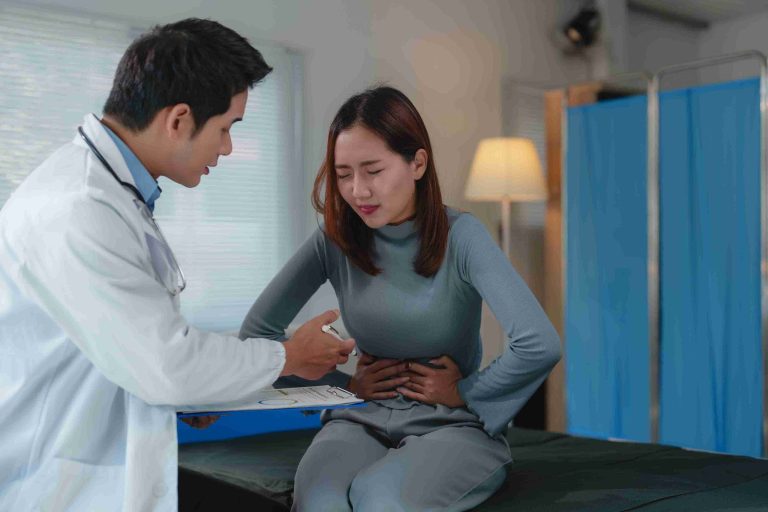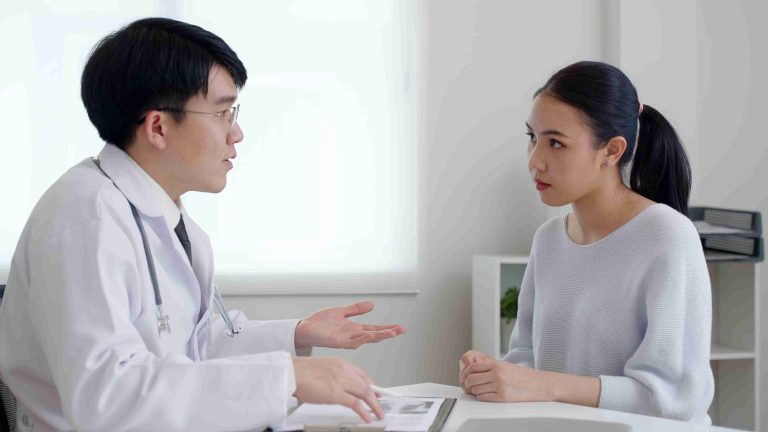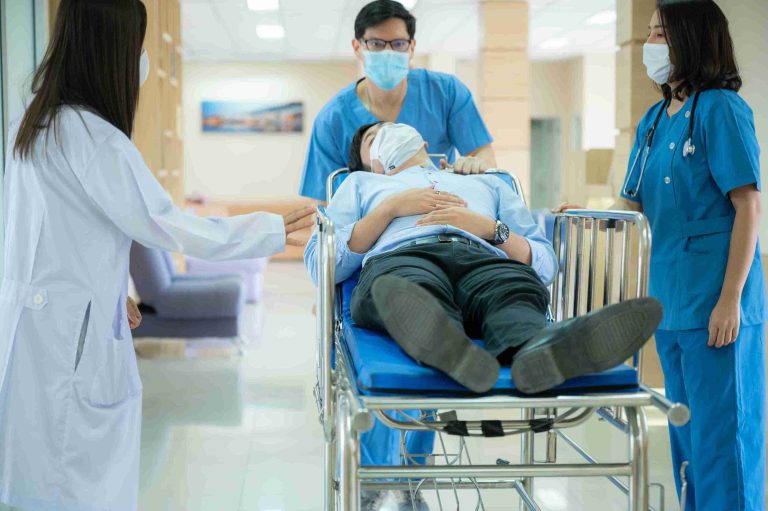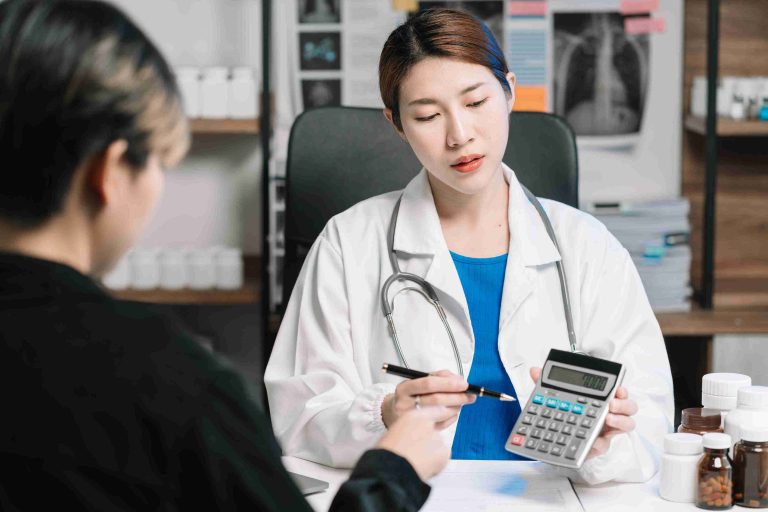For decades, colon cancer was regarded as a disease that primarily affected people over the age of 50. Today, however, that narrative is changing. An increasing number of young adults are being diagnosed with colon cancer, many of them with no family history or known risk factors. While this trend is still being studied, it highlights an urgent reality: age doesn’t offer immunity from this potentially deadly disease.
Rising rates of colon cancer in individuals under 50 have prompted medical professionals to call for earlier awareness, quicker diagnoses, and a broader understanding of the signs. Recognizing colon cancer symptoms early can make the difference between a curable disease and one that has spread too far.
Colon Cancer Is No Longer Just a Disease of the Elderly
Data from numerous cancer registries, including those in the U.S., UK, and parts of Asia, reveal a concerning rise in early-onset colorectal cancer. In fact, individuals in their 20s, 30s, and 40s now account for a growing percentage of new diagnoses. This shift is particularly alarming because routine screening protocols have traditionally focused on older adults, meaning many younger individuals are not screened until symptoms emerge.
The causes of this shift remain under investigation. Possible contributors include changes in diet, a sedentary lifestyle, gut microbiome imbalances, environmental exposures, and even prolonged inflammation. Regardless of the exact reasons, the trend is clear: young adults are not immune.
Recognizing the Early Symptoms
One of the biggest challenges in young adult colon cancer cases is delayed diagnosis. Many young people, and even healthcare providers, dismiss early colon cancer symptoms as minor gastrointestinal issues like irritable bowel syndrome (IBS), stress, or hemorrhoids. Unfortunately, this can lead to a delay in getting essential tests, such as a colonoscopy or imaging. The most common early warning signs of colon cancer in young adults include:
- Persistent changes in bowel habits, such as diarrhea or constipation
- Rectal bleeding or blood in the stool
- Unexplained weight loss
- Fatigue or anemia due to blood loss
- A feeling that your bowel doesn’t empty completely
- Abdominal cramping or discomfort that doesn’t go away
While any of these symptoms might have non-cancerous causes, they should never be ignored—especially if they last for more than a few weeks or worsen over time. Being proactive is essential.
Why Diagnosis Often Comes Late
There are several reasons colon cancer in young adults tends to be diagnosed later. Many young people are generally healthy and don’t expect to face a serious illness. Colon cancer symptoms may be brushed off as diet-related, stress-induced, or due to a less serious condition.
On top of that, insurance coverage, financial barriers, and lack of routine screenings in younger age groups can lead to missed opportunities for early detection. In some cases, even doctors may not immediately suspect colon cancer when evaluating a young adult. As a result, tumors are often larger and more advanced by the time they’re discovered in younger patients, requiring more aggressive treatment.
The Importance of Listening to Your Body
One of the most empowering messages for young adults is the importance of paying attention to persistent changes in their health. If something doesn’t feel right, speak up and keep pushing for answers. Early intervention leads to better outcomes and often less invasive treatments.
Even if you don’t have a family history or obvious risk factors, colon cancer can still occur. Young adults should feel confident advocating for tests like stool-based screenings or colonoscopies when concerning symptoms appear. Doctors also urge patients to keep track of patterns. For example, if blood in the stool is recurring, or if fatigue seems unexplained, keeping a journal of likely colon cancer symptoms can help provide a clearer picture to your healthcare provider.
Genetic Risk and Family History Still Matter
While anyone can develop colon cancer, there are cases where heredity plays a significant role. Conditions like Lynch syndrome or familial adenomatous polyposis (FAP) significantly raise the risk and often lead to diagnoses at a younger age. If there’s a family history of colon or rectal cancer—or polyps found in first-degree relatives—it’s important to share that information with your doctor.
In these cases, screening may begin much earlier, sometimes even in the late teens or early twenties, depending on the mutation involved. Genetic counseling and regular surveillance can save lives in families affected by hereditary colorectal cancer syndromes.
Lifestyle Factors Also Play a Role
Emerging research suggests that modern lifestyle habits may be contributing to increased colon cancer risk among younger adults. Diets high in processed foods, low fiber intake, obesity, alcohol consumption, and sedentary behavior are all associated with colorectal cancer development.
While not every case is preventable, adopting a healthy lifestyle can help lower your risk. Incorporating fiber-rich foods, drinking plenty of water, staying physically active, and avoiding tobacco use are important steps in supporting long-term colon health. Additionally, managing conditions like inflammatory bowel disease (IBD), such as Crohn’s disease or ulcerative colitis, is critical, as chronic inflammation of the colon is another known risk factor for early cancer development.
What to Expect If You Need Testing
If your doctor suspects colon cancer, you may be referred for diagnostic tests. A colonoscopy remains the most definitive method to examine the colon for polyps, tumors, or inflammation. If any suspicious areas are found, biopsies can be taken during the same procedure.
Other tests may include blood work to check for anemia, stool tests for hidden blood, and imaging scans like CT or MRI to look for possible spread beyond the colon. While undergoing testing can be nerve-wracking, it’s an important step toward understanding what’s going on inside your body.
Early diagnosis not only improves survival rates but also increases the likelihood of less aggressive treatment. In many cases, minimally invasive surgeries or localized therapies may be enough to treat early-stage cancers.
Raising Awareness Among Young Adults
More organizations are now focusing on raising awareness about colon cancer in younger people. Social media, community health campaigns, and celebrity testimonials have helped put this issue in the spotlight. However, there’s still a long way to go in changing public perception.
The keyword is vigilance. Young adults should be informed, engaged, and unafraid to ask questions—even if their symptoms seem minor. Empowerment comes from information, and the more people know about colon cancer symptoms, the more likely they are to take life-saving action.
Conclusion
Colon cancer is no longer a disease that affects only the older population. An increasing number of young adults are being diagnosed, often at more advanced stages, simply because they or their doctors didn’t recognize the signs soon enough.
By spreading awareness, recognizing persistent changes, and advocating for testing when needed, we can turn the tide on this dangerous trend. Knowing the bowel cancer symptoms and acting quickly could mean the difference between a treatable disease and a life-threatening diagnosis.
No matter your age, your health is worth paying attention to. When it comes to colon cancer, early action saves lives. If you notice changes in your digestive habits or unexplained symptoms, don’t wait. Talk to your doctor and get the answers you need—because your age doesn’t protect you, but knowledge and action just might.







